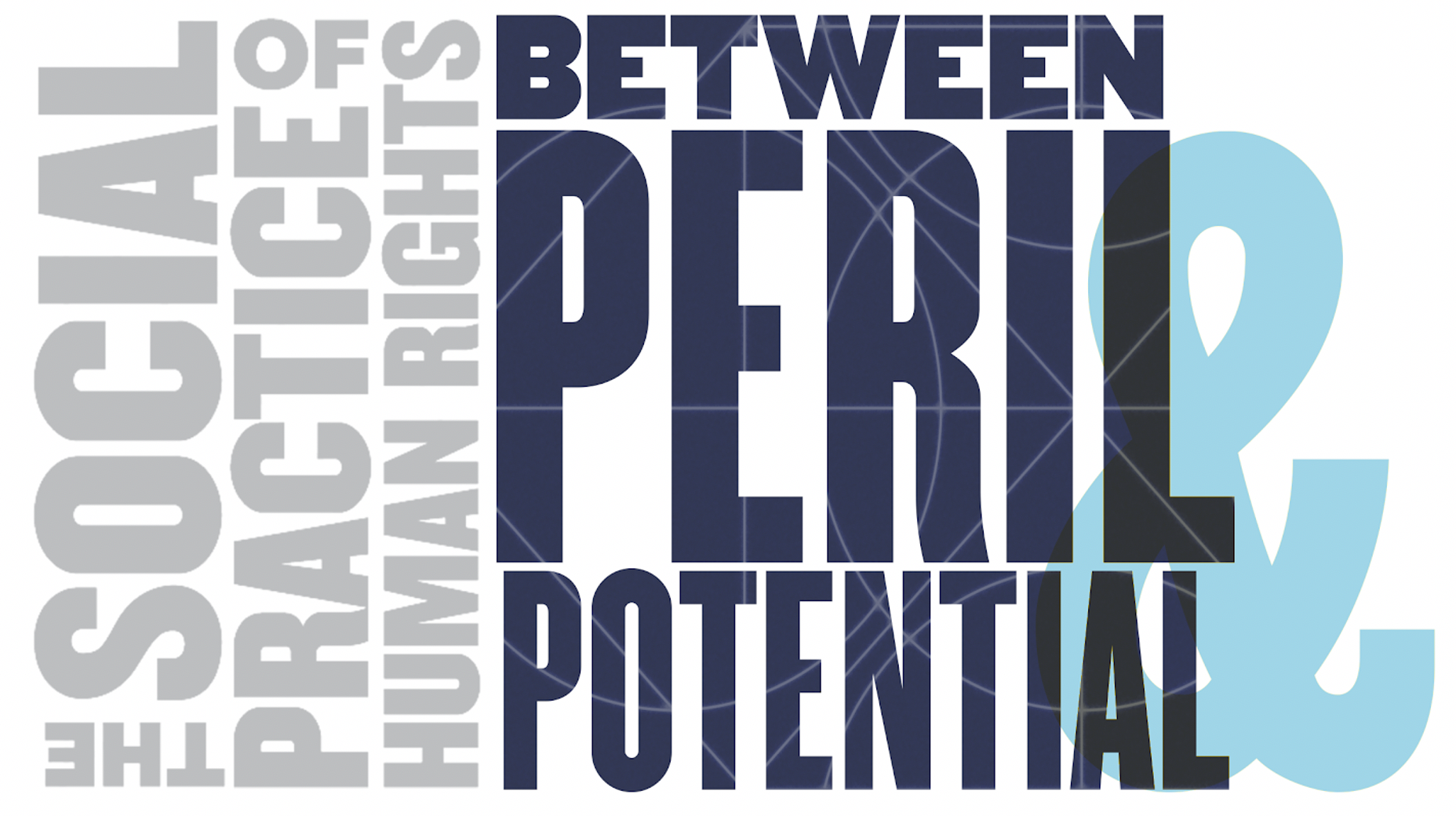‘Pathic’ Identification in Populist Movements: The Specter of Anti-Semitism for Right and Left Protest
Start Date
12-3-2021 2:15 PM
End Date
12-3-2021 3:45 PM
Keywords
Critical Theory, Anti-Semitism, Populism, Activism
Abstract
The deployment of anti-Semitism expressed in self-contradictory yet persistent ways has found a place within the political rhetoric of the ‘agitators’ of the Right for generations. This rhetoric has promoted an atmosphere in which conspiracy, stereotypes, and resentment are realized in actual violence against Jewish people. Contemporary harangues against “Hollywood” and a so-called cabal of “elites” can trace their roots to the agitators of previous generations to devastating effect. While cognitively incoherent, the appeal and repetition of the anti-Semitism of political agitators calls for political, social, and psychological analysis. Rather than providing the psychological, social and political outlets to transform the causes of a disaffected populace’s resentment in the direction of emancipation, the agitator offers up conspiratorial stereotypes, redirecting the individual’s rage against objective conditions toward the supposed embodiment of this frustration in “the Jew”. The consequence of this redirection of resentment becomes actual violence and rage against Jewish people.
The murder of George Floyd at the hands of the Minneapolis police inspired one of the largest protest movements in American history. Along with these protests came not only the calls for the end of state violence, but a broader call to resist white supremacy and authoritarianism in favor of a more democratic social order. Unfortunately, amidst the enthusiasm of the protests, there also appeared a re-emergence of anti-Semitic rhetoric in the struggle against white supremacy that is both dangerous and self-defeating, turning the focus away from the sources of oppressive white power and toward anti-Semitic conspiracies.
If one of the key challenges to human rights in the current climate is the appeal to authoritarian populism, then any resistance to such racist and undemocratic impulses must understand the mechanisms of this appeal on the Right. For those engaged in activism or advocacy in opposition to these undemocratic forces, there must be a mode of self-reflection that does not respond to one pathic delusion with another. In this paper, I will examine how anti-Semitism seeps into both forms of populism and consider the requirement for a self-reflective form of activism and advocacy that is rigorously guided by the democratic principles for an inclusive society.
Author/Speaker Biographical Statement(s)
Patrick Ahern, Ph.D. is a political and ethical philosopher whose research focuses on themes of Critical Theory, Early Modern Thought, Marxism, and Critical Social Justice. He received his Ph.D. from Vanderbilt University and is currently serving as a Lecturer in the Department of Philosophy at the University of Dayton.
‘Pathic’ Identification in Populist Movements: The Specter of Anti-Semitism for Right and Left Protest
The deployment of anti-Semitism expressed in self-contradictory yet persistent ways has found a place within the political rhetoric of the ‘agitators’ of the Right for generations. This rhetoric has promoted an atmosphere in which conspiracy, stereotypes, and resentment are realized in actual violence against Jewish people. Contemporary harangues against “Hollywood” and a so-called cabal of “elites” can trace their roots to the agitators of previous generations to devastating effect. While cognitively incoherent, the appeal and repetition of the anti-Semitism of political agitators calls for political, social, and psychological analysis. Rather than providing the psychological, social and political outlets to transform the causes of a disaffected populace’s resentment in the direction of emancipation, the agitator offers up conspiratorial stereotypes, redirecting the individual’s rage against objective conditions toward the supposed embodiment of this frustration in “the Jew”. The consequence of this redirection of resentment becomes actual violence and rage against Jewish people.
The murder of George Floyd at the hands of the Minneapolis police inspired one of the largest protest movements in American history. Along with these protests came not only the calls for the end of state violence, but a broader call to resist white supremacy and authoritarianism in favor of a more democratic social order. Unfortunately, amidst the enthusiasm of the protests, there also appeared a re-emergence of anti-Semitic rhetoric in the struggle against white supremacy that is both dangerous and self-defeating, turning the focus away from the sources of oppressive white power and toward anti-Semitic conspiracies.
If one of the key challenges to human rights in the current climate is the appeal to authoritarian populism, then any resistance to such racist and undemocratic impulses must understand the mechanisms of this appeal on the Right. For those engaged in activism or advocacy in opposition to these undemocratic forces, there must be a mode of self-reflection that does not respond to one pathic delusion with another. In this paper, I will examine how anti-Semitism seeps into both forms of populism and consider the requirement for a self-reflective form of activism and advocacy that is rigorously guided by the democratic principles for an inclusive society.



